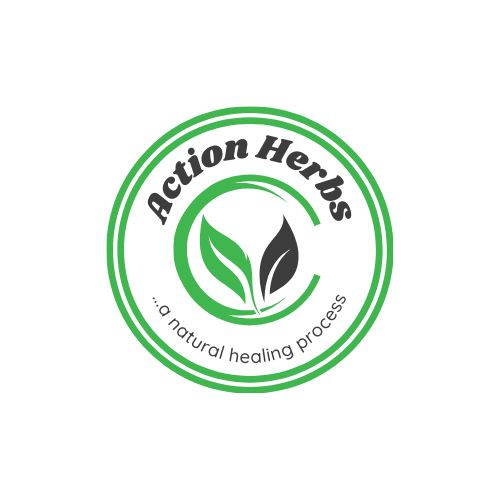Can Herbal Supplements Cause Liver Damage? Understanding the Risks
Herbal supplements are often considered a natural and safe alternative to conventional medicine. While many herbs offer incredible health benefits, it’s essential to recognize that some can pose risks, particularly to the liver. The liver is a vital organ responsible for detoxifying the body, and certain herbal supplements can strain or even damage it if not used carefully.
Herbs That May Cause Liver Damage
-
Kava (Piper methysticum)
Kava, often used to reduce anxiety and promote relaxation, has been linked to liver toxicity. Cases of liver failure and hepatitis have been reported in individuals taking kava supplements. -
Chaparral (Larrea tridentata)
Commonly marketed for its supposed cancer-fighting and detoxifying properties, chaparral can be toxic to the liver, particularly when consumed in large doses or for extended periods. -
Comfrey (Symphytum spp.)
Known for its use in treating wounds and inflammation, comfrey contains pyrrolizidine alkaloids (PAs), which are highly toxic to the liver and can lead to severe damage or liver failure. -
Green Tea Extract (Camellia sinensis)
While green tea is generally safe when consumed as a beverage, concentrated extracts have been associated with liver injury, particularly in high doses. -
Pennyroyal (Mentha pulegium)
Often used in traditional remedies for colds and digestive issues, pennyroyal oil and supplements can be highly toxic to the liver and should be avoided entirely.
Who Should Avoid These Herbs?
-
Individuals with Pre-existing Liver Conditions:
Those with liver diseases, such as hepatitis, cirrhosis, or fatty liver disease, should be especially cautious. The liver may already be compromised and less able to handle potentially toxic substances. -
Pregnant or Breastfeeding Women:
Certain herbs can affect not only the liver but also the development of the baby. Always consult a healthcare provider before taking herbal supplements during pregnancy or breastfeeding. -
People Taking Prescription Medications:
Some herbs can interact with medications, increasing their toxicity or altering how they are metabolized by the liver. -
Heavy Alcohol Consumers:
Alcohol already puts significant stress on the liver, and combining it with potentially hepatotoxic herbs increases the risk of damage.
How to Use Herbal Supplements Safely
-
Consult a Healthcare Provider: Always seek professional advice, especially if you have underlying health conditions or take medications.
-
Choose Reputable Brands: Look for third-party-tested supplements to ensure quality and purity.
-
Avoid Overuse: More isn’t always better. Follow dosage guidelines and avoid prolonged use without breaks.
-
Monitor for Symptoms: Signs of liver distress include jaundice (yellowing of the skin or eyes), dark urine, fatigue, abdominal pain, and nausea. If you experience these symptoms, discontinue use and consult a doctor immediately.
Conclusion
Herbal supplements can provide significant health benefits, but they are not without risks. Understanding which herbs may harm the liver and who should avoid them is crucial for making informed decisions about their use. With proper research, moderation, and consultation with healthcare professionals, you can safely incorporate herbal supplements into your wellness routine.
For more herbal insights and safe supplement recommendations, visit Action Herbs for trusted, quality products tailored to your needs.
